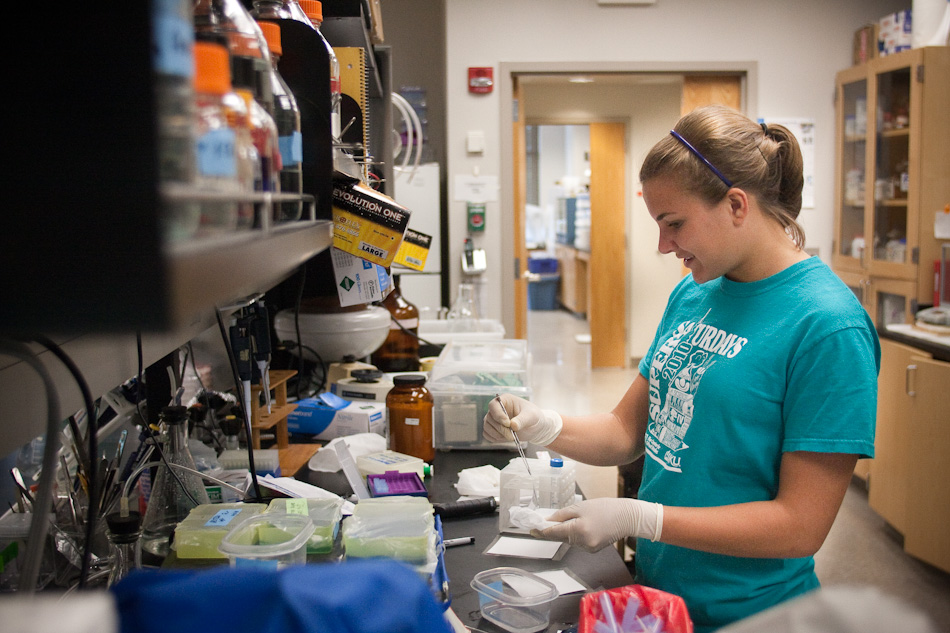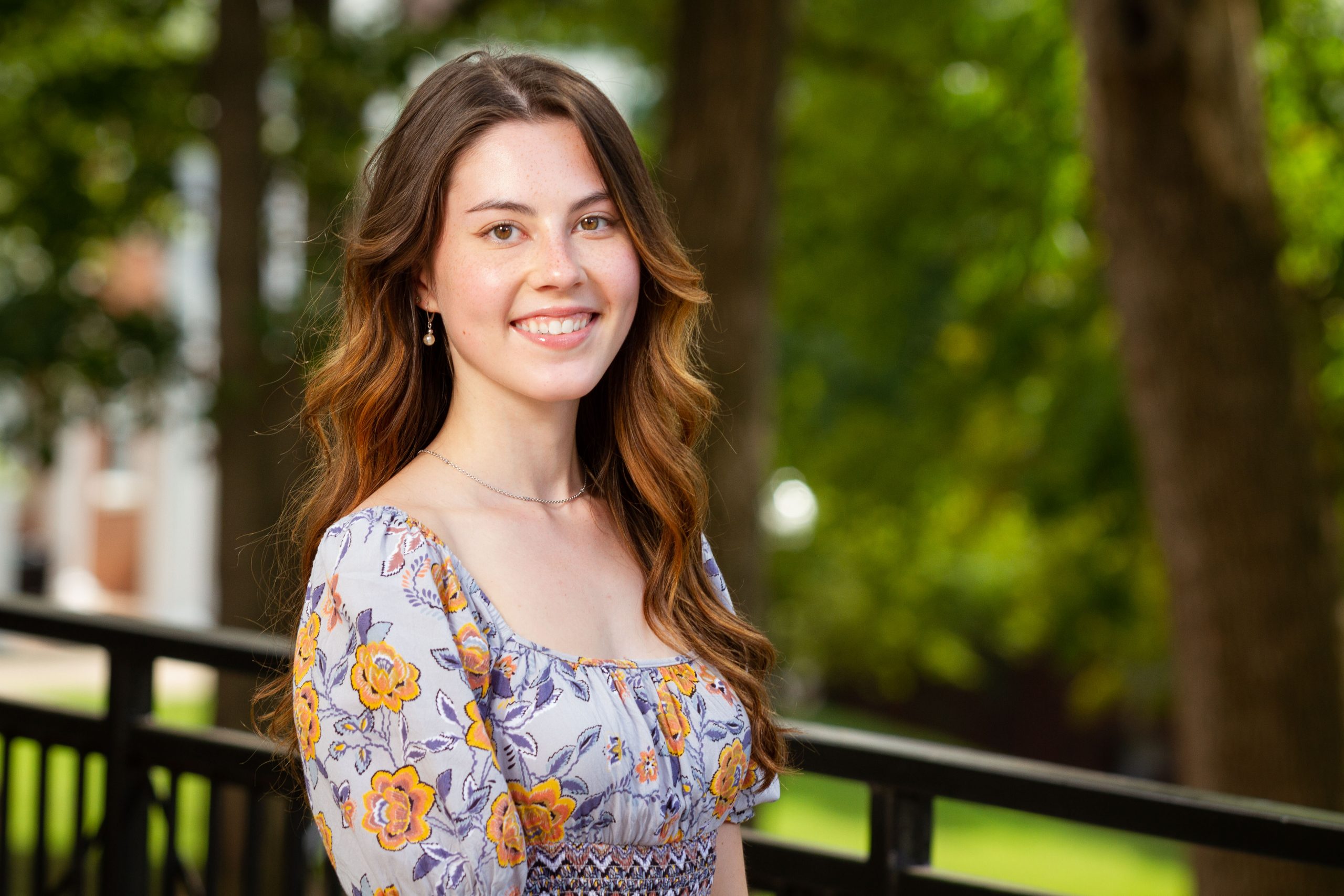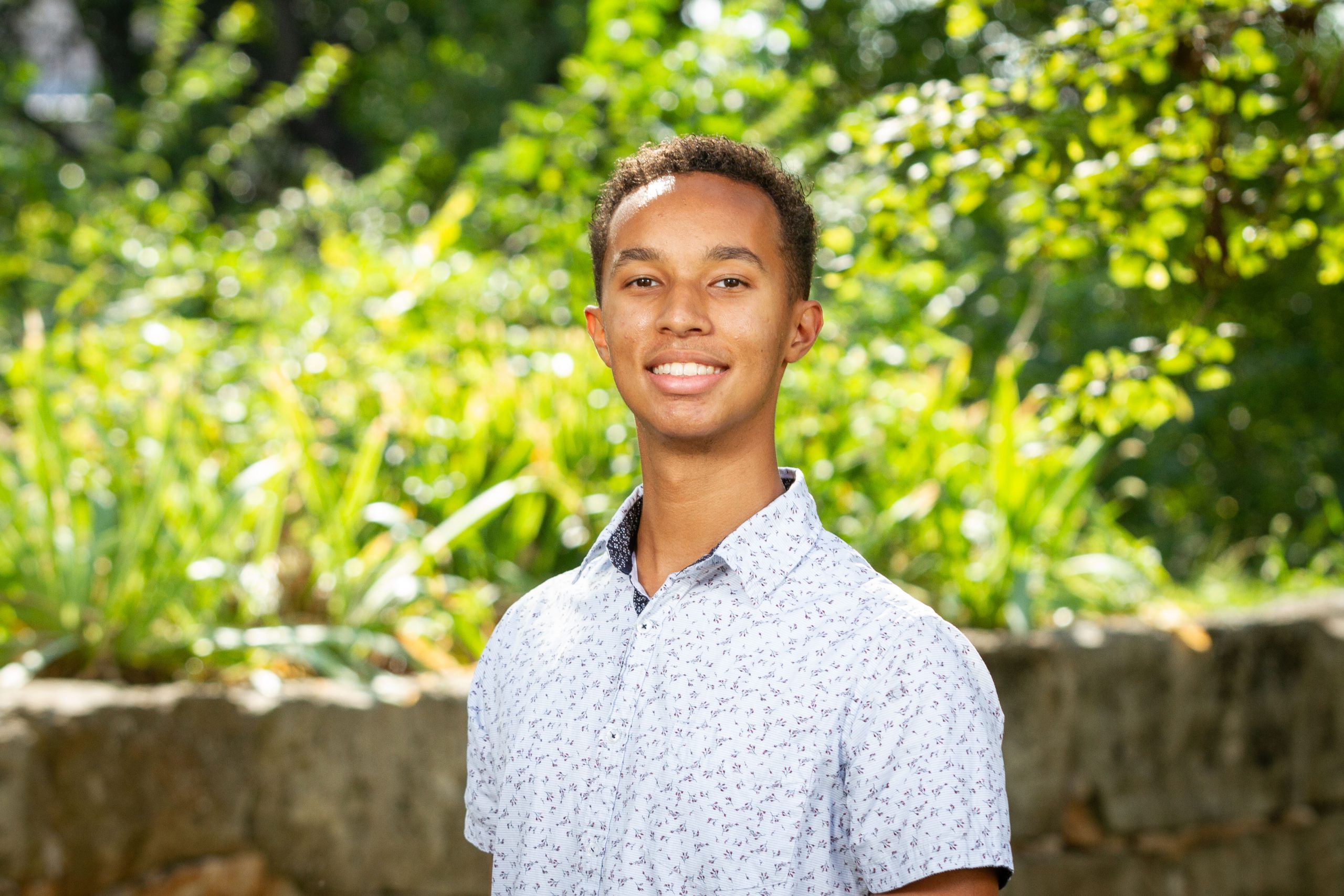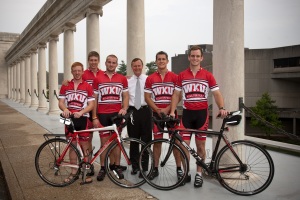Gatton Academy Alumni Among Participants in WKU Research Experience for Undergraduates
July 29, 2010 | Academics, Alumni, News, People, Research, Summer, WKU | No Comments

Via the WKU News Blog
Nine students from across the United States have been conducting research and preparing for graduate school as part of a National Science Foundation program this summer at WKU.
The WKU Biology Department’s first NSF Research Experiences for Undergraduates program will wrap up Aug. 6. Dr. Shivendra Sahi and Dr. Rodney King are directing the grant-funded program focusing on the interdisciplinary field of investigative biotechnology.
Maggie Matheny of Lincoln County, a 2010 graduate of the Gatton Academy of Mathematics and Science in Kentucky, said the 10-week summer experience has helped her determine the direction she wants to take for graduate school. “Before I was between research or med school but now I’m definitely leaning more toward research,” Matheny said.
Getting students excited about research and providing hands-on laboratory experience is one of the goals of the NSF-REU program, according to Dr. King, associate professor of biology. “We want to encourage them and get them excited about graduate school,” Dr. King said.
Matheny also has enjoyed the freedom in the program. “I like the fact that the project really is your own,” she said. “If there is a mistake or something doesn’t come out right, it’s your fault and I like the responsibility.” Matheny has been working with Dr. Sigrid Jacobshagen on a project to see which photoreceptor starts the domino effect that resets the circadian clock.
Amanda Nolan, a student from Stephen F. Austin State University in Texas, also has used the experience to prepare for graduate school. “ I’m coming away from this with knowledge that I probably wouldn’t have until graduate school, so I’ll have a heads up on people going into grad school,” said Nolan, who has been working with Dr. King on two projects that deal with bacteriophages.
Other students participating in the June 1-Aug. 6 program are: Melena Agyemang, Norfolk State University in Virginia (Mentor: Dr. Rajalingam Dakshinamurthy); Mark Callaghan, California State University Monterey Bay (Mentor: Dr. Keith Philips); James Forshee, a Gatton Academy graduate from Simpson County (Mentor: Dr. Claire Rinehart); Alexander Hare, a Gatton Academy graduate from Rowan County (Mentor: Dr. Richard Schugart); Hillary Jones, Georgetown College (Mentor: Dr. Carl Dick); Stephanie Robey, Kentucky Community and Technical College System (Mentor: Dr. Kevin Williams); and Shandrea Stallworth, Fort Valley State University in Georgia (Mentor: Dr. Shiv Sahi).
Students were assigned to a research project based on their interests. The projects have been directed by WKU faculty mentors from Biology, Chemistry and Mathematics and the research topics encompassed broad areas of biotechnology, including animal physiology, plant gene expression, microbiology, virology, biochemistry, protein structure and modeling, bioinformatics, neurophysiology and mathematical biology.
In addition to working closely with faculty mentors and interacting with graduate students, fellow undergraduates and research technicians, students have participated in a series of Office of Scholar Development-sponsored workshops that provided guidance on graduate school applications and grant writing and in a series of faculty-led seminars on reading professional literature and giving scientific presentations.
For more information, contact Rodney King at (270) 745-6910.









